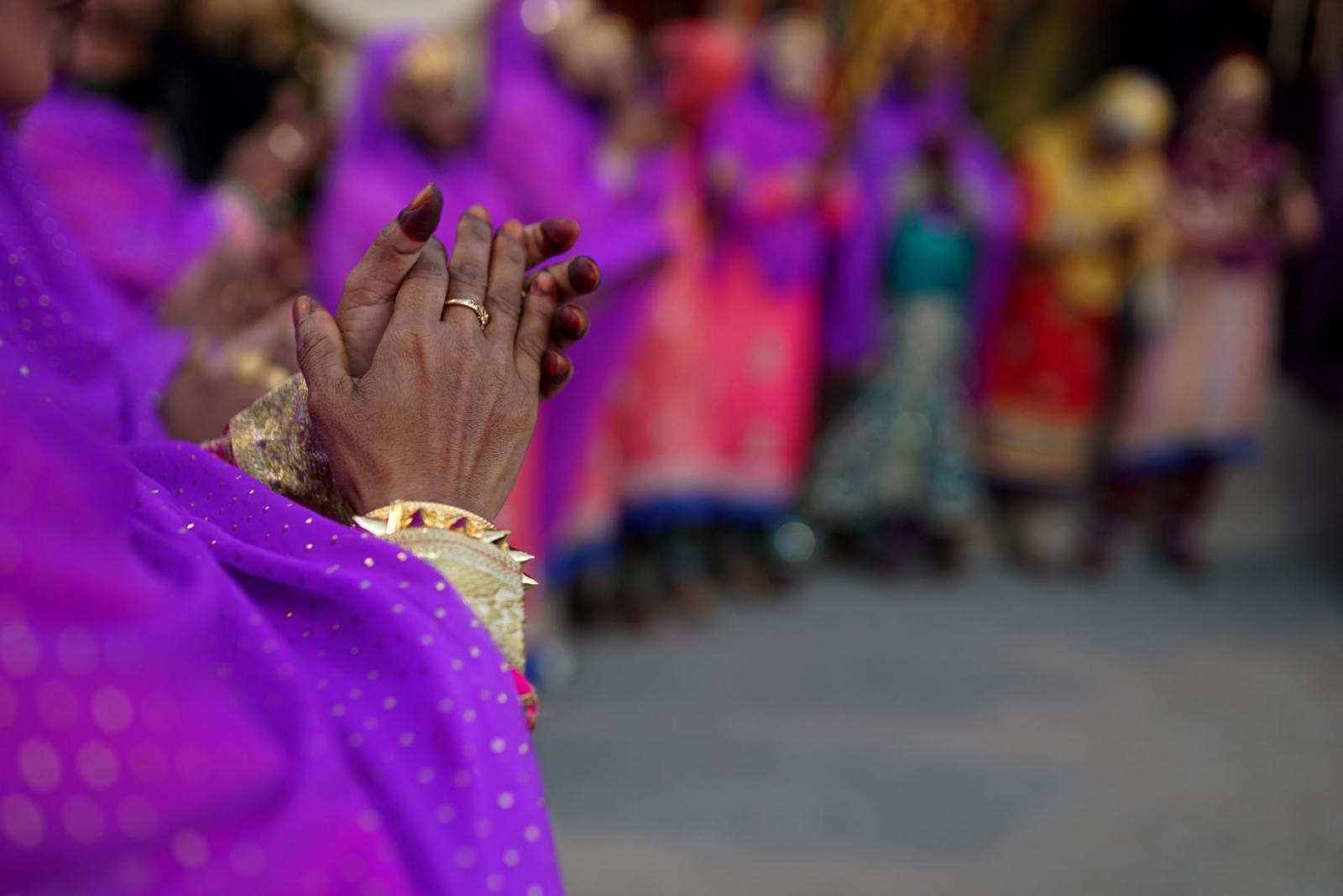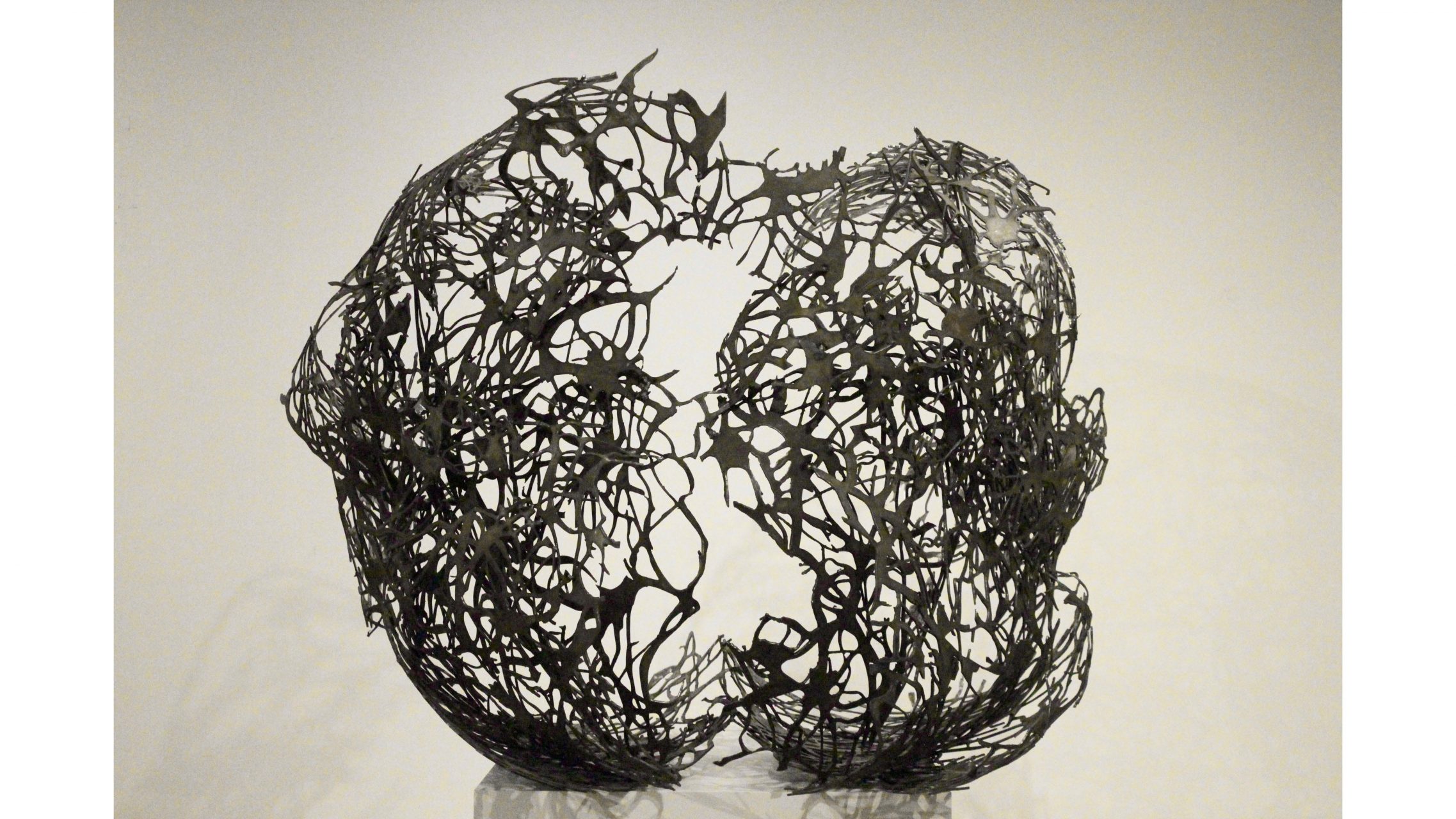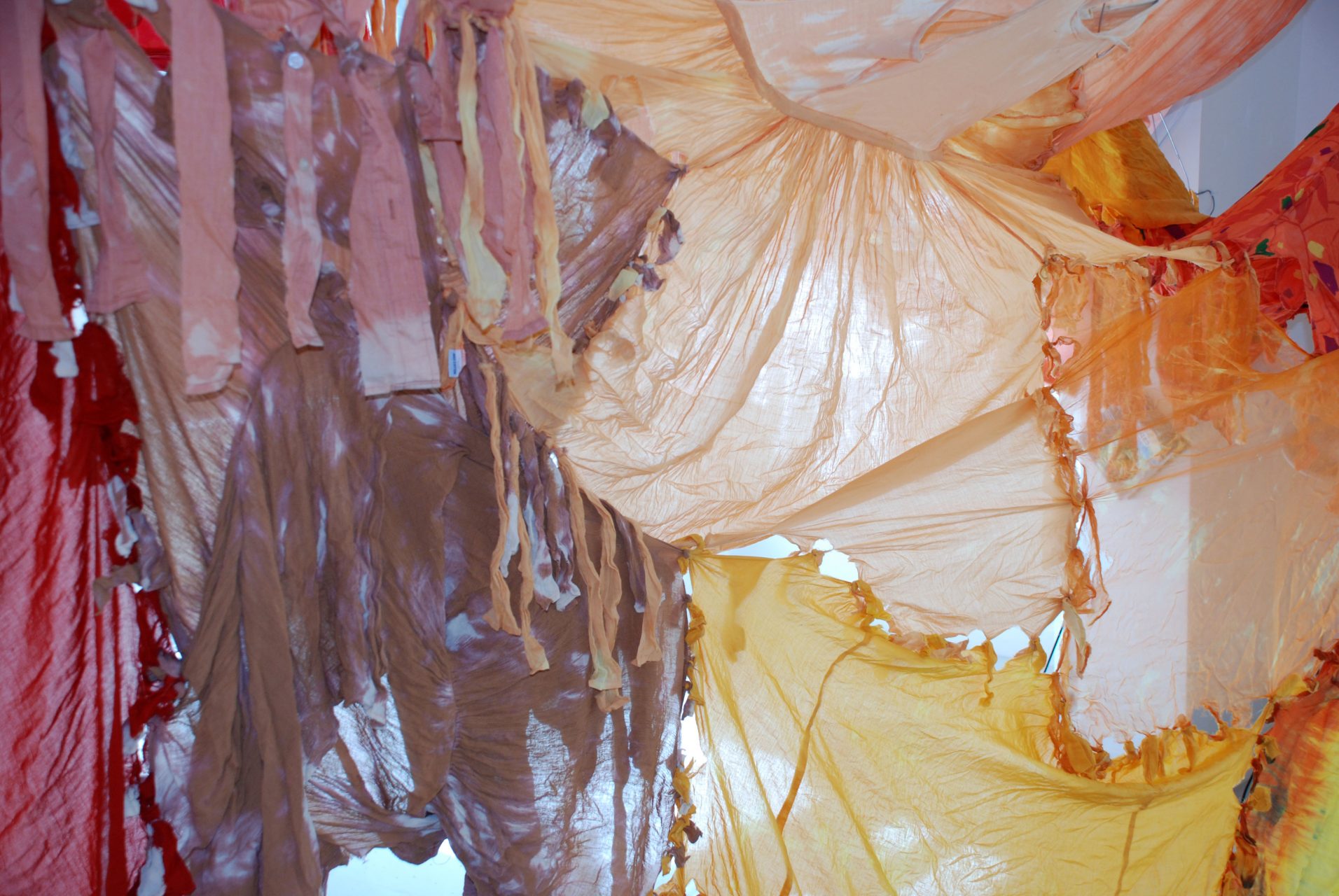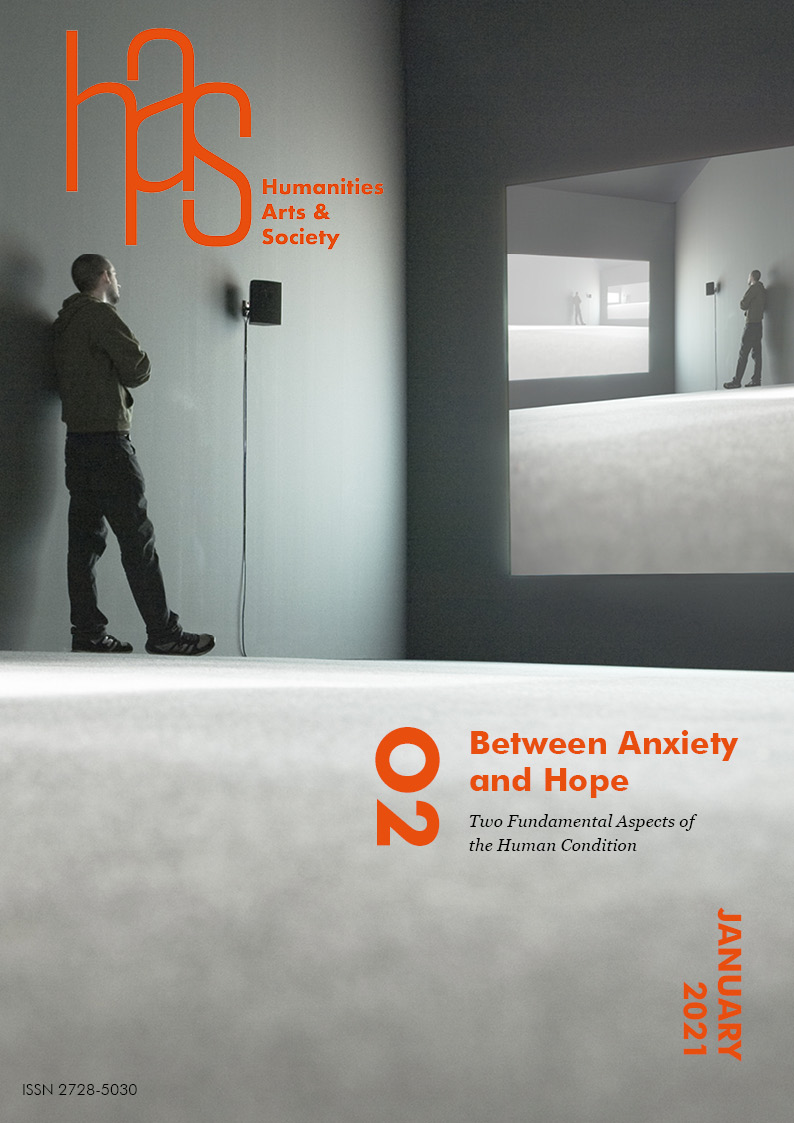To encourage and promote solidarity between women philosophers, in addition to bringing them recognition and visibility, UNESCO created the International Network of Women Philosophers as part of the implementation of its intersectoral strategy concerning philosophy, adopted in 2005 by the Organization’s Executive Board at its 171st session.
The Network aims to: strengthen exchange and solidarity between women philosophers from different regions of the world; helping the inclusion of those who need to be supported: women philosophers, philosophy students and professors, researchers, and research teams; encourage the diffusion of the work and the dissemination of publications by women philosophers around the world; support the active and increased participation of women philosophers in various discussions, seminars, and philosophical conferences around the world; foster cooperation with other networks such as research, universities, research centers, specialized philosophical institutions, NGOs, and more.

How do women enter philosophical culture?
A culture is a set of regularities in which processes and practices repeat by passing through specific objects, genres of things. If we can speak of philosophy being a culture then, today, philosophical culture would be continuous with the academic culture and its co-articulations with the wider public sphere. Hence, exclusion from philosophy is continuous with exclusion from all those speres of activity where power and control are exercised. As we know, this culture has been structured through forms of exclusion, not only of women but of men and women belonging to all those groups, everywhere, who were considered unworthy of participating in the reflections that were decisive for the course of any society.
But we also know that this has been changing for some time and more women are entering academics and the public sphere than before – although these cultural zones are not embracing people who are non-white-European and non-upper-caste at the same pace, which means that women from the groups that are racialized in these ways are excluded even more acutely. So while we have sufficiently remarked on the conditions of inclusion that would include more women in traditionally masculine disciplines like philosophy and also the sciences – all-male and all-white canons and syllabi, fellowships, maternity and paternity leaves, child care, tenure, casual work – there is a new problem we are confronted with today:
The place of philosophy itself is fast becoming marginal to the most consequential discussions about the very world in which they were traditionally excluded from mattering. Today it is the global techno-corporations and financial institutions that make the most important decisions about all aspects of our lives, from the most momentous to the most quotidian. The former even lays exclusive claim to “thinking” by redefining thinking itself as computation, and by seeking aggressively to transfer this function to artificial intelligence. Therefore our urgent concern today has to be twofold. First, are women marginalized in an already marginalized displine? Second, why there are so few women and other minorities in the fields of science and of technology? These questions co-belong in the necessary reflection on why and how philosophy is becoming a culture or a sub-culture that flourishes in the online silos but is unable to participate in the discussions about the future of the one world and its problems such as climate, economy, and migration which we all increasing share. Women and all excluded people must now strive to imagine a future of thinking and philosophy beyond their academies, posts and papers which are the regularities of the vanishing institution called the university.

Could you explain the importance of a women philosophers’ network?
Being associated for some years with the international women philosophers’ network, which is barely nascent in the sub-continent, I find it important for two reasons. It aims to rearrange the regularities of women philosophers in the academies of their respective countries which still function as male associations, if not intentionally, then at least in their ethnos of friendship, camaraderie, and mentorship. A network is needed, not to produce an alternative ethnos for women – because we all live in the same world and desire to make a difference in it; but rather to evolve those missing matrices of friendship and mentorship that will decrease the resistance of institutions to women and other excluded groups, and will increase the conductance of the creativity and the will of everyone into the new epoch of institutions that awaits us.
The other reason is that the global network of the women philosophers of all the regions aspires to cross the barriers of language, tradition, and regional regularities so that philosophers, including women philosophers can hold a world-wide deliberation on what concerns us the most today. This network is a bypass, it skips over the routes that must pass through the existing hierarchies of regions and the internal hierarchies within each region in order to eventually arrive at the table. Perhaps, for this reason, the metaphor of piercing glass ceilings is less relevant. We need to invent new models of exchange, new platforms to make our reflections matter, and above all new conversations about philosophy itself. And this network as I see and experience it is implicitly proceeding on this impulse.
What is the contribution of philosophy in responding to the pandemic?
Many disciplines have contributed to understanding the processes which led to the pandemic and the processes through which the situation and its impact on people’s lives and futures are being addressed. The distinct contribution of philosophy has been in reflecting on the very concepts – crisis, health, sickness, and death – through which the pandemic is comprehended.
The power of philosophical concepts to mediate even some widespread opinions on the handling of the pandemic and the confinements can be seen in the readiness to describe it in terms of “state of exception” and “biopolitics”. But the most significant contribution of philosophy at this moment has been in the readiness, on the contrary, to scrutinize all these prior concepts. For instance, when the far-right groups and populist leaders in certain countries as well as certain scholars of political philosophy, both, evince the same as analysis of confinement and vaccination as “states of exception” and authoritarianism, whereas what is becoming visible is the withdrawal of the state from health care and economic welfare, then it is time to recognize that the task of thinking is still before us, and application of previous concepts will be insufficient. Similarly, when the pandemic reveals and even elicits the cooperation among countries rather than a friend-enemy relationship, it forces us to rethink the grounding concepts of politics – community, togetherness, touch, contagion – and of the essential relation of philosophy and politics.
The received critiques of globalization as the cause of the pandemic too are insufficient because they contribute to the growing allophobia and porophobia – hatred of an other and hatred of mixing – which, as in the instance of the neglect and mistreatment of migrants and refugees, refuses to acknowledge that the world today belongs to everyone and connects everyone everywhere in reciprocal-and-unequal relations with each other. One could even say that the pandemic and ecological problems have sadly and belatedly contributed something to philosophy: the obligation to think the world and the demos anew, and therefore to initiate a thinking of a democracy of the world. Above all, philosophy has sought to address the very meaning of the pandemic in our times: as the philosopher Shaj Mohan put it, the question is now of the pan or the whole and the demos or people. It means having to think what it means to be a people without being determined in the last instance by place, language, ancestry and traditions – a people of the world that can think on behalf of everyone. Philosophy itself has right up until now been thinking about itself in terms of regions and identities such as “west”, “east”, and the opposition to this way of thinking has also not found another possibility than “ethnophilosophy” which partakes of the same old logic and only expands the constituencies.

What does it mean to be a woman philosopher in India?
This is a question that no male philosopher has to answer, and a woman might much prefer to not be obliged to thematize her gender when it is much more exciting to simply philosophize on whatever she is passionate about. All over the world, many wage-earning professions which were permitted only to men have opened to women very recently, and women in India experience similar difficulties. This is changing, no matter how slowly and unevenly, because gender parity is now easily acknowledged by nearly all governments and institutions as at least a goal. What concerns me much more is why it is still difficult to attain the same recognition for racialized and caste-based inequalities all over the world. These inequalities are among the most important conditions that prevent large sections of women all over the world from gaining equality of opportunity and of dignity. In India, the majority population across all religious denominations is lower caste and Dalit (oppressed), and the women as well as men, and even the trans and queer communities, stigmatized through these social identities suffer systemic exclusion from academic, economic and media spheres.
The ethnos of doing philosophy that I spoke of in my answer to a previous question has always been inflected in different regions by their respective social conventions. For instance, in India, it was inflected, even determined by caste, where the circle of thinkers was constituted exclusively by Brahmin and at most extended other non-Brahmin upper castes. A renowned representation of this is Siddhartha by Hesse which, sadly, reflected this exclusionary ethnos, and ancient non-Buddhist traditions of this region were even more unapologetic in preserving the caste order through the pursuit of complex and abstract thought which was cultivate through practices that barred women, lower castes and those deemed outcaste and untouchable.
Therefore, I must insist that the primary meaning of being a philosopher in India is finding the means to displace the oppressive weight of the caste order that still arranges all social life here, and that successfully instrumentalizes all new technologies and forms of life, whether feudalist, socialist or capitalist, to perpetuate its racializing and segregating logic. To do philosophy must mean to invent a new meaning of being- and living-together, inventing new freedoms, inventing new ways of relating to and as the world. This is incompatible with the caste order and its hypophysics which insists that a person’s descent is value.
It is not so useful to consider what “women” contribute to philosophy, as that would imply some essence to women which always becomes a constraint on our ways of acting and thinking. Rather, perhaps what women philosophers bring, can bring, is the impulse for freedom that women often have because of their impatience with conventions, traditions, and commands. The metaphor of a midwife is quite suitable, even Socrates who had the courage to examine the laws and the gods of the city-state was best described as a midwife – not necessarily one who can give birth, but rather one who can let the new come about.

Camille Guinet, UNESCO-MOST
Divya Dwivedi is Professor of Philosophy and Literature at the Indian Institute of Technology, New Delhi and a member of the International Network of Women Philosophers. She also worked on the fourth issue of the International Review of Women Philosophers, “Intellectuals, Philosophers, Women in India: Endangered Species,” edited by Barbara Cassin.
Camille Guinet, UNESCO-MOST
Divya Dwivedi is Professor of Philosophy and Literature at the Indian Institute of Technology, New Delhi and a member of the International Network of Women Philosophers. She also worked on the fourth issue of the International Review of Women Philosophers, “Intellectuals, Philosophers, Women in India: Endangered Species,” edited by Barbara Cassin.
